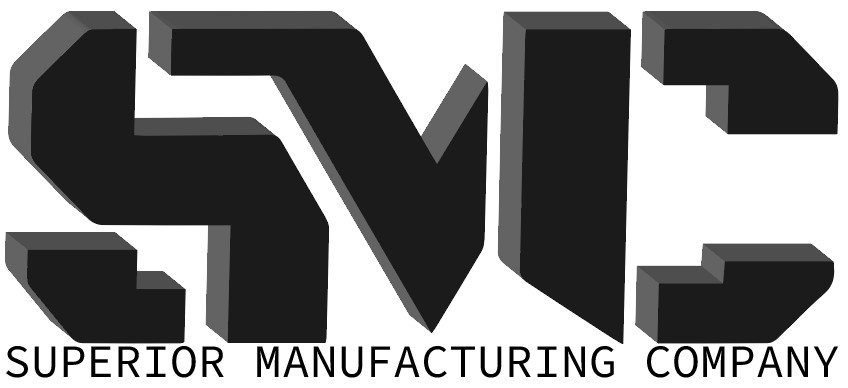What Is Tooling in Manufacturing?
In manufacturing, tooling includes items like molds, fixtures, cutters, and jigs used in production. These are classified into soft tooling and hard tooling based on their materials and purposes.
Both of these tooling types allow manufacturers to create complex parts by injecting liquid material into a mold, where it takes on the shape of the vessel and solidifies. The primary difference between soft and hard tooling is in the material used to make the mold itself, which is a determining factor in its longevity and typical purposes.
The team at Superior Manufacturing Company has extensive experience with tooling of all kinds, as well as the knowledge of when to use soft tooling versus hard tooling. Learn more about what makes these categories distinct and which might be best for your production needs.
Most Common Types of Tooling
Two of the most common types of tooling in manufacturing are soft tooling and hard tooling.
What Is Soft Tooling?
Soft tooling uses molds made from materials like fiberglass or silicone, ideal for casting urethane and other plastics. These molds are lightweight, cost-effective, and suitable for complex designs but wear out quickly, making them best for prototyping and short runs.
The more workable nature of soft tooling makes it ideal for designing complex molds that would be difficult to create using a harder substance. However, these soft molds come with the natural disadvantage of wearing out more quickly.
What Is Hard Tooling?
Hard tooling is made using steel, aluminum or other metals or alloys, allowing fabricators to use a single mold for many production cycles. Since metal is unyielding, hard tooling offers a high degree of precision and can turn out a large volume of virtually identical parts.
While some manufacturers can produce their own hard tooling, many outsource this job to a third party specializing in the field. Creating a metallic mold requires adherence to tight tolerances for machining and surface finish to ensure the completed parts meet all fit, finish and function specifications.
What’s the Difference Between Soft vs Hard Tooling?
The materials used to create soft and hard tooling determine the capabilities and applications of each type of mold. While substances like silicone, carbon fiber and fiberglass can generate quality parts, they simply don’t have the longevity of metal. The material and nature of the part being produced will determine how many pieces a fabricator can expect to create using a single soft tool mold, but in any situation, it is understood that soft tooling is not a long-term investment.
Conversely, hard tooling is very much an investment, as creating a metallic mold is time-consuming and expensive. A company without the ability to create hard tooling in-house can expect to pay a significant amount for a single mold. Each design requires advanced machining and finishing capabilities, plus additional steps such as heat treating to provide the mold with the longevity to produce a high volume of parts.
When Do You Use Hard Tooling vs Soft Tooling?
Since creating a silicone or fiberglass mold is far less expensive than making one out of metal, soft tooling is ideal for early production phases like prototyping or manufacturing limited runs of a part. It can also provide substantial cost savings on designs without strict requirements for surface finish or critical dimensions.
For large production runs, the investment in hard tooling is often far more worthwhile. A single metallic mold can generate thousands or even millions of parts while maintaining close adherence to exacting specifications. If your project calls for repeatable output over numerous bulk orders, you can expect an exceptional return on the time and money involved in designing and creating hard tooling.
With highly complex parts, the question of when to use a soft tool versus a hard tool may be more difficult to answer. The more intricate the design, the more challenging and expensive it will be to create hard tooling for it. If you need a sophisticated mold, it’s best to contact a professional tooling fabricator to discuss whether the size of your order justifies the investment in a metallic version.
Contact Superior Manufacturing for Premier Fabrication Services
Founded in 1945, Superior Manufacturing is a professional fabrication company with the expertise to engineer and produce components for various industries. We fabricate operator cab enclosures, heavy equipment components, hydraulic and fuel tanks, and other parts with precision and longevity for demanding applications.
Our design and engineering services help customers overcome industry challenges. Our shop equipment includes solutions for shearing, forming, welding, grinding, powder coating, and other processes, meeting diverse manufacturing needs.
The Superior Manufacturing team is committed to customer success. Connect with us today to discuss your needs and our fabrication capabilities.


